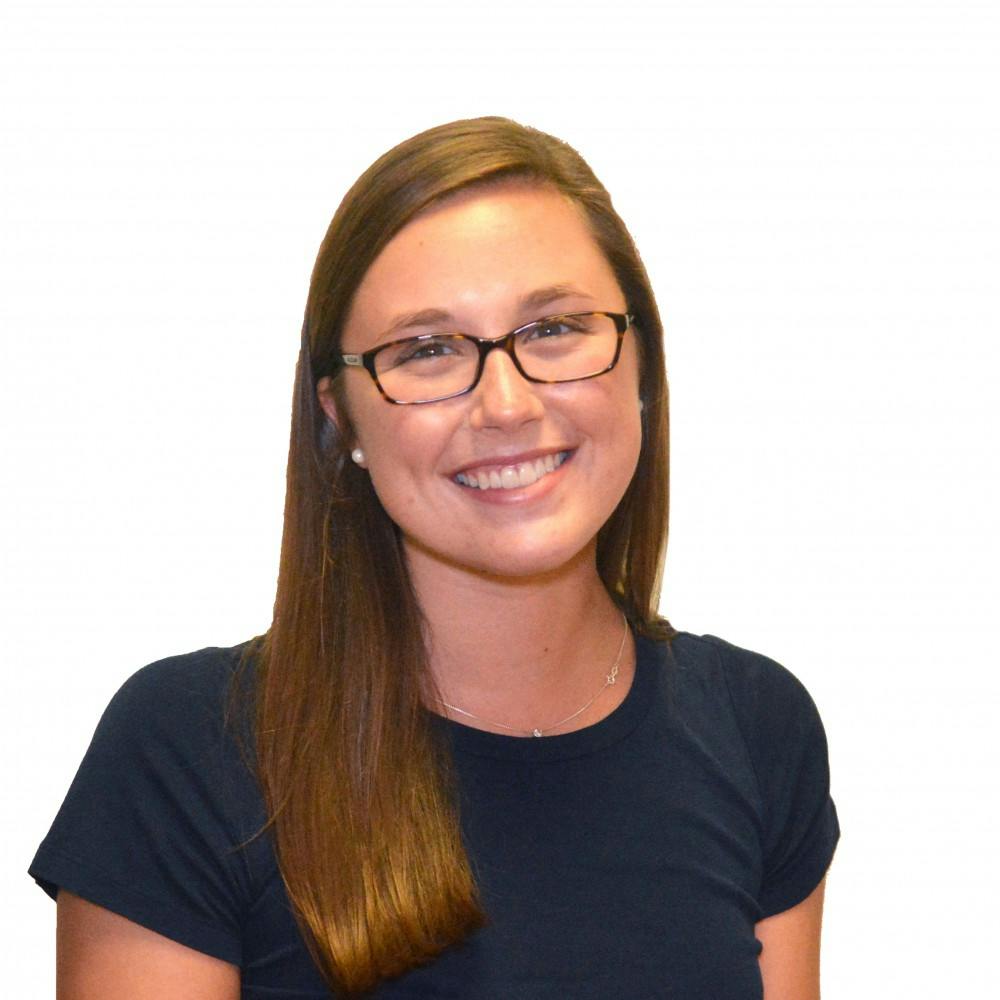The farewell tour. The victory lap. The last hurrah.
Whatever you call it, there’s no avoiding the inevitability of retirement in athletics. Sure, some of us can manage Gordie Howe-esque careers and stave off the erosion of age for decades, but everyone has to walk away at some point.
While it is easy to look at the last season as a series of bittersweet milestones — the last first practice, the last home opener, the last playoffs, the last race — there is something reassuring about knowing there is a definitive end date to this phase of life.
I’ve spent the previous 5,252 days calling myself a swimmer. Now a senior, I only have 132 left where that title is relevant. While I’ve never really thought of myself as only a swimmer, the hours I spend in chlorine on a weekly basis have played a defining role in making me into the person I am today. I’m sure all athletes at Penn and beyond can say the same of their respective sports, and it’s a little unsettling to think that in just five months that chapter of my life will be over and the metaphorical page will turn.
Oddly enough, there is something freeing about knowing exactly when your athletic career will end. Barring injury, my last race will be on February 26, 2017. I’ve known that date since the day I was admitted to Penn in December 2012, but it never really crossed my mind until this October during Fall Break.
I was standing on the pool deck on Thursday afternoon about to dive in for the second practice of the day. Eight hours of intense training stood between me and the weekend and, despite the three Advil I had just swallowed, I was still so sore that I couldn’t lift my arms above 90 degrees and seriously doubted whether my muscles could carry me through the next 6,500 meters. In a half-hearted attempt to motivate myself to dive in I recited my favorite quote about training: “You can either get better or get by.” That Thursday, I fully intended to just get by.
But that’s when it hit me: I didn’t have very many days left of this. First came relief, then panic. With my days numbered, I didn’t have many opportunities to get better either.
In the two hours of swimming that followed that realization I probably excelled more at sinking to the bottom of Sheerr Pool than getting better. But it didn’t matter because in those two hours I decided I wasn’t going to let my final season be defined by frustration or just getting by.
I believe this attitude can do powerful things for athletes in the twilight of their careers. Just consider Maya DiRado.
For those of you who aren’t as big of swim nerds as I am, I’ll quickly give you her backstory. A swimmer at Stanford, she graduated with a degree in management science and engineering in 2015, but deferred her start date at McKinsey to keep training with the hope of qualifying for the U.S. Olympic team.
Then 2016 happened. She dominated the Grand Prix circuit throughout the spring and was swimming the best races of her life. She qualified for Rio in three individual events and one relay and took home four medals, including a surprise gold over top-ranked Katinka Hosszu of Hungary in the 200-meter backstroke.
DiRado’s individual gold medal was fitting: It came in her weakest event, but it also came in her last. She knew that when she touched the wall there would be nothing left to give. So why hold anything back?
After she clinched gold, waves of reporters questioned her decision to retire at age 23 in the zenith of her career. But she stood by her decision.
In an interview with the Washington Post, she explained that her success was a symptom of her unique situation:
“I think the reason that I’ve had this success this year is because I know that swimming is wrapping up for me,” DiRado said. “It’s so much easier to work hard every day and push myself and be excited about all the little things that make swimming great but are kind of hard to get excited about when you’re looking at this like, ‘Oh, I have so many more years ahead of me doing this.’”
This phenomenon of success on the eve of retirement is not exclusive to swimming, however. Take David Ortiz.
In his final season with the Red Sox, the designated hitter batted .315 with a .620 slugging percentage, both absurdly high numbers for a 40-year-old with a gimpy knee. Even more staggering is that Ortiz’s numbers from the 2016 season in pretty much every statistical category were the highest they’ve been in nearly a decade.
How else do you explain that kind of surge in performance than the finality of it all? Without the burden of seasons to come, athletes can focus on why they started playing their sport in the first place.
I write this column on the eve of the swim team’s first competition, albeit a relay scrimmage against a smattering of Philadelphia schools. The Ivy slate won’t open for another three weeks, but the “last” milestones have already started to accumulate.
I don’t anticipate winning any Ivy titles or setting conference records just because I’m freed by knowing it’s my last season as a swimmer. But I do anticipate being at peace come Feb. 26.
After all, it had to end at some point.



